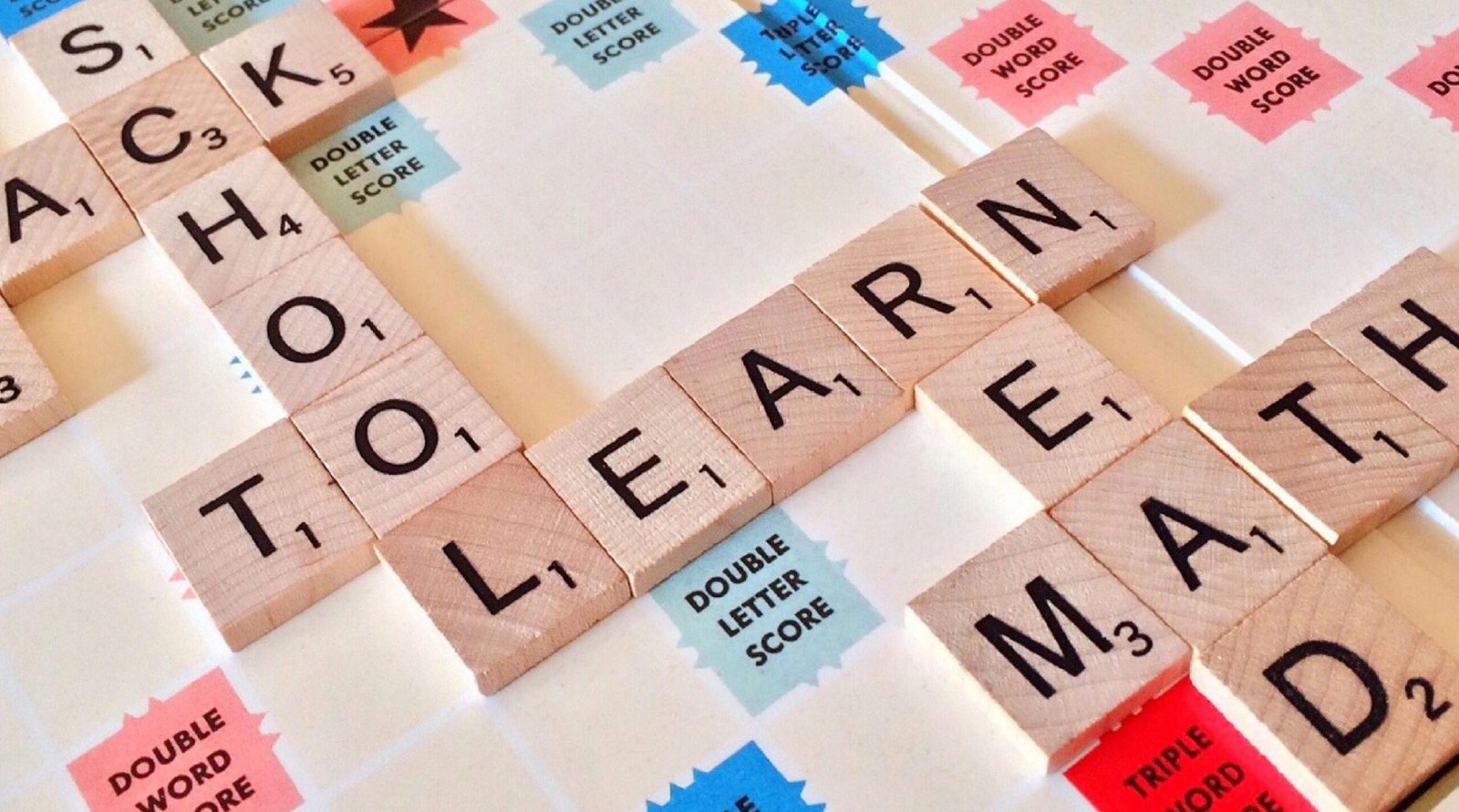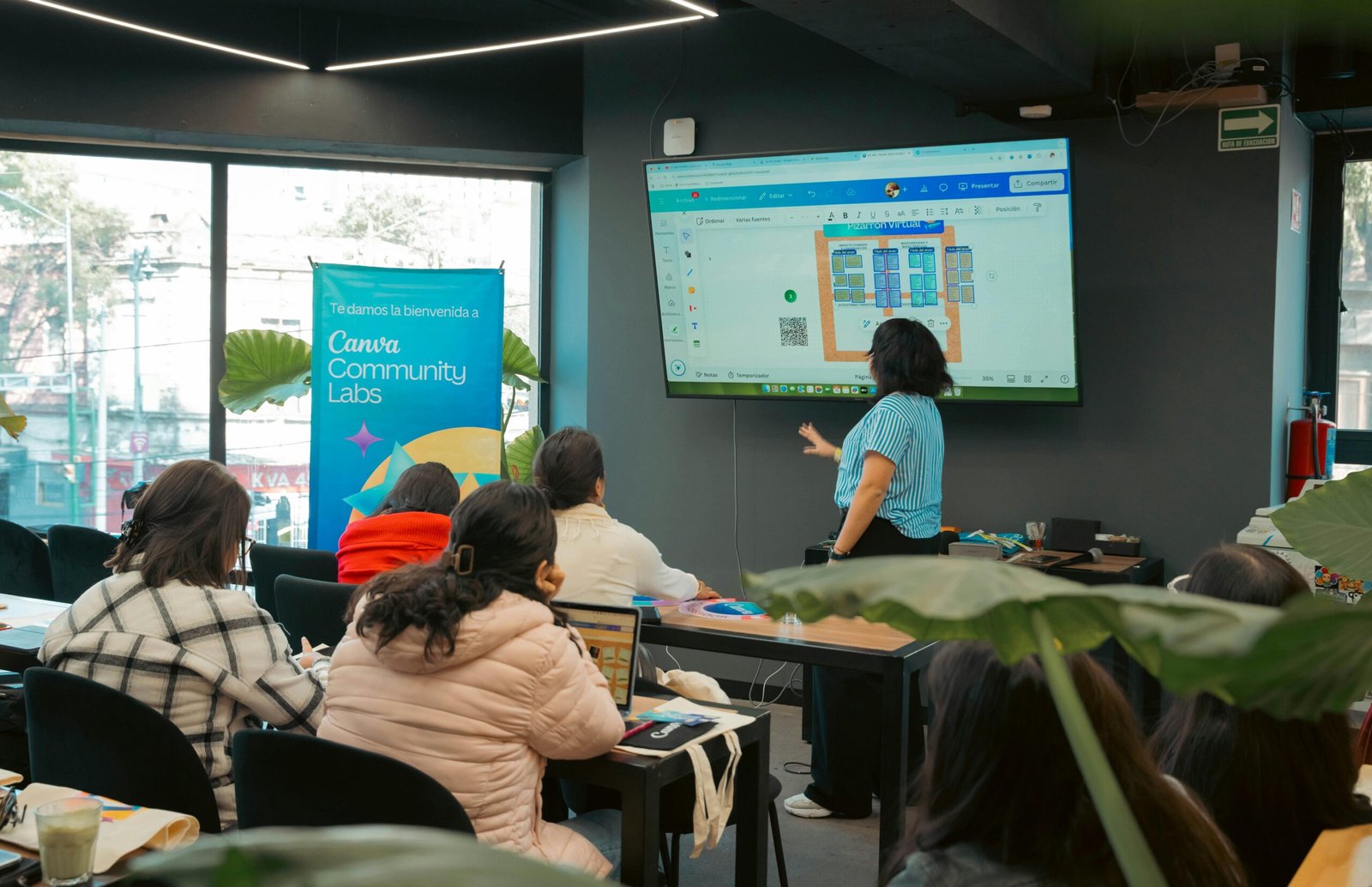Introduction
Puzzles have long been a source of entertainment, education, and mental stimulation. Among the most popular types is the word search puzzle, a grid filled with hidden words waiting to be found. These puzzles appeal to people of all ages, offering relaxation and challenge in equal measure.
In this article, we will explore the world of word searches in depth. From their history and cognitive benefits to solving strategies and modern digital adaptations, we’ll uncover why these puzzles remain a favorite pastime across generations.
History of It Wordsearch
The word search puzzle has a surprisingly rich history. Although its exact origin is debated, most sources attribute its creation to Norman E. Gibat in 1968. Gibat introduced the first word search puzzle in a newspaper published in Oklahoma, and it quickly gained traction as readers requested more.
What started as a local amusement spread rapidly across the United States and eventually worldwide. Soon, word search books, classroom activities, and newspaper features became common. Today, word searches are available not only in print but also digitally, often enhanced with themes, colors, and interactive features.
Educational Value of It Wordsearch
Word search puzzles are more than just entertainment; they serve as valuable educational tools. Teachers frequently use them in classrooms to reinforce vocabulary, spelling, and subject knowledge.
Key Educational Benefits
- Vocabulary Building: Students encounter new words in a fun and engaging context.
- Spelling Reinforcement: Seeing words within a grid helps learners internalize correct spelling patterns.
- Reading Comprehension: Searching for themed words strengthens contextual understanding.
- Focus and Patience: Completing a puzzle encourages persistence and careful scanning.
Whether in elementary schools or language learning programs, these puzzles provide an accessible way to enhance literacy skills while keeping learners motivated.
Cognitive Benefits of It Wordsearch
Beyond the classroom, word searches are widely recognized for their impact on mental agility. Psychologists and neuroscientists highlight their role in brain training.
How They Boost Mental Health
- Improved Concentration: Searching for words demands undivided attention.
- Memory Enhancement: Recalling word patterns strengthens short-term memory.
- Stress Relief: The repetitive yet engaging activity provides relaxation, similar to mindfulness.
- Pattern Recognition: Locating words diagonally, vertically, and horizontally sharpens visual scanning skills.
For older adults, word searches may even help slow cognitive decline by keeping the brain active and engaged.
Popular Variations of It Wordsearch
While the traditional word search involves a simple grid, numerous variations have emerged to keep the format fresh and exciting.
Examples of Creative Twists
- Themed Puzzles: Grids centered around holidays, animals, science, or pop culture.
- Shape-Based Grids: Instead of squares, words appear in circles, hearts, or custom shapes.
- Hidden Messages: Extra letters spell out a secret phrase once all words are found.
- Timed Challenges: Players race against the clock for added excitement.
- Multilingual Grids: Used in language learning, where words appear in multiple languages.
These variations make the puzzle format more adaptable for different audiences and purposes.
Digital Evolution of It Wordsearch
With the rise of technology, word search puzzles have transitioned smoothly into the digital age. Apps and websites now provide interactive versions with unique features.
Advantages of Online Platforms
- Portability: Play anytime on a smartphone or tablet.
- Customization: Generate puzzles based on specific themes or vocabulary lists.
- Accessibility: Adjustable difficulty levels cater to both beginners and advanced players.
- Community Play: Compete with friends or share challenges online.
Online platforms often combine word searches with gamification, offering leaderboards, badges, and daily challenges to keep users engaged.
Strategies to Solve It Wordsearch Quickly
While word searches may seem straightforward, solving them efficiently requires strategy.
Proven Tips
- Scan for Unusual Letters: Start with unique letters like Q, Z, or X.
- Look for First Letters: Identify the beginning of words and follow likely directions.
- Use a Systematic Approach: Move row by row or column by column to avoid missing words.
- Circle Backwards: Remember that words can appear in reverse.
- Highlight as You Go: Mark found words to keep track of progress.
Mastering these techniques not only saves time but also enhances enjoyment of the puzzle.
Classroom Applications of It Wordsearch
Educators widely embrace word search puzzles as teaching aids. They integrate seamlessly into lesson plans across subjects.
Practical Uses
- Language Arts: Reinforcing grammar and spelling.
- History: Searching for names, dates, or key events.
- Science: Learning vocabulary like elements, planets, or body parts.
- Foreign Languages: Matching new vocabulary with native language equivalents.
Teachers appreciate that puzzles can be tailored to any curriculum, providing both fun and functional reinforcement.
Therapeutic Uses of It Wordsearch
Therapists and caregivers also use word search puzzles in therapeutic contexts. For example, they are common in activities for elderly patients with dementia or Alzheimer’s disease.
Therapeutic Benefits
- Enhances fine motor skills when done by hand.
- Encourages social interaction in group settings.
- Promotes relaxation, reducing anxiety or agitation.
- Provides a sense of accomplishment upon completion.
Such puzzles are a gentle yet effective way to maintain cognitive and emotional health.
Cultural Popularity of It Wordsearch
Word searches have transcended education and therapy to become cultural icons. They appear in newspapers, magazines, travel kits, and even as promotional tools for businesses.
Why They Remain Popular
- Simple rules make them accessible to everyone.
- Low cost and high portability.
- Customizable for marketing or entertainment purposes.
- Nostalgic appeal for adults who enjoyed them as children.
This universal appeal ensures their continued presence in both traditional and modern formats.
Creating Your Own It Wordsearch
Thanks to free online generators, creating a custom word search is easier than ever.
Steps to Build One
- Choose a theme (e.g., animals, geography, pop culture).
- Select a list of related words.
- Input words into a puzzle generator tool.
- Adjust grid size and difficulty.
- Print or share the puzzle digitally.
This flexibility makes word searches perfect for personal use, classrooms, and even marketing campaigns.
Future of It Wordsearch
As technology evolves, so too will word search puzzles. Innovations such as augmented reality (AR) and virtual reality (VR) may soon provide immersive puzzle experiences. Imagine scanning a room with AR glasses to find hidden words in 3D space.
Artificial intelligence may also personalize puzzles, adapting difficulty based on a player’s skill level. This dynamic evolution ensures that word searches remain relevant in a rapidly changing digital landscape.
FAQs About It Wordsearch
1. What is the purpose of it wordsearch puzzle?
They are designed to entertain while boosting skills such as vocabulary, concentration, and pattern recognition.
2. How difficult can word search puzzles get?
Difficulty varies, from simple grids for children to large, complex patterns with obscure words for advanced solvers.
3. Can teachers use word search in classrooms?
Yes, educators use them to reinforce vocabulary, spelling, and subject-specific knowledge in a fun way.
4. Are there apps for word search puzzles?
Absolutely, many apps and websites provide themed puzzles, daily challenges, and multiplayer options.
5. How can adults benefit from its word search activities?
Adults enjoy stress relief, memory enhancement, and mental stimulation through regular puzzle solving.
6. Is it word search suitable for therapy sessions?
Yes, therapists often use them with elderly patients to improve focus, memory, and social interaction.
7. Can I create my own word search puzzles?
Yes, online generators make it simple to design custom puzzles for personal, educational, or business use.
Conclusion
Word search puzzles have stood the test of time, evolving from humble newspaper grids to dynamic digital experiences. They offer educational value, cognitive benefits, and widespread cultural appeal. From classrooms to therapy sessions, from casual gaming apps to personalized creations, they continue to engage and inspire.
Whether you’re a student, a teacher, or simply someone who enjoys a relaxing mental challenge, word searches provide the perfect blend of fun and function.
Ready to try one today? Explore a themed puzzle or even create your own—and experience the timeless joy of discovery hidden within the grid.












